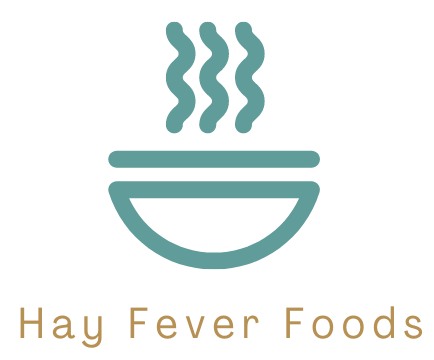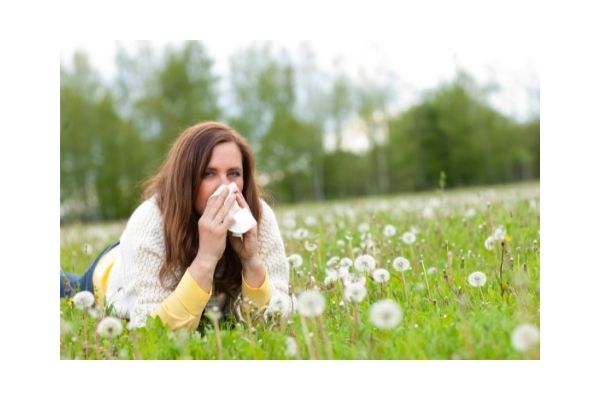This blog will talk about the Ayurveda perspective of how you can prevent hay fever naturally, how our body works, what keeps it balanced (healthy), and how the food we eat can cause it to lose balance (disease).
Hay fever can be prevented naturally by observing and maintaining the hot and cold balance in our bodies. The key to preventing hay fever naturally is understanding the characteristics of the food we eat and how it affects us. Constant consumption of cold food (not temperature) and the cold environment makes the phlegm generating systems compromised, and excess phlegm is produced in our lungs, creating an imbalance.
There are two types of food from the Ayurveda perspective: hot food and the second ¬– Cold food. Kindly note that when Ayurveda talks about hot food and cold food, it doesn’t mean the temperature of the food, but it means the actual properties of the food.
Example: Whiskey served with ice will still make you feel warm inside after drinking it because whiskey is characteristically hot and comes under hot food. The temperature of whiskey did not affect its properties.
Phlegm is characteristically cold. So, if we consume an excessive amount of food that is cold accompanied by the cold environment (cold weather), we disturb the balance of our lung health, and the mucus-producing systems produce excess phlegm in the lungs.
It is crucial to know that most lung-related problems are caused by the excess production of phlegm in the lungs.
To restore lung health and balance, we need to make a note of all the internal (the food we consume) and external (surrounding/environment) factors that might be cold or have cold properties.
To control the excess cold phlegm in our lungs, we need opposing hot food such as pepper, cumin, chilli, fennel, etc.
According to Ayurveda, Vatta, Pitta, and Kaph are the three doshas responsible for our individual preferences in foods, flavours, temperatures, etc. They govern bodily functions such as creating, maintaining and destroying bodily tissues and eliminating waste products.
Everyone has a different balance of each of these (doshas) constitutions, depending on the percentage of each dosha within us. This is known as prakruti – a Sanskrit term meaning ‘nature’. One’s constitution, determined at birth, is genetically determined and remains constant throughout life. One’s body’s constitution decides if half an ice cream is enough for you to get a bad cold or even eating two will have no effect on you.
Based on Ayurveda, all lung-related problems are related to the phlegm (Kapha dosha) cold. People with dominant Kapha dosha are more vulnerable to hay fever than others.
When these elements are in balance, they protect us both physically and psychologically; however, they contribute to disease when imbalanced.







